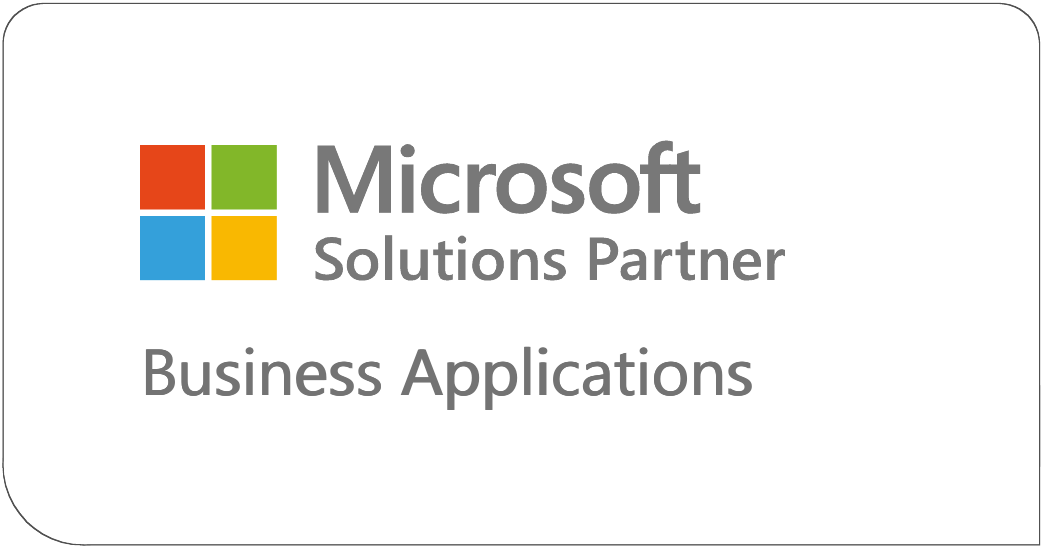| Imran Shahid
Power Portals and Types
Microsoft Power Portals is a low-code, responsive web portal solution that allows organizations to create custom portals for their external users, such as customers, partners, or employees. Power Portals are built on top of the Microsoft Power Platform, which includes Power Apps, Power BI, and Power Automate.
Power Portals enable organizations to extend the reach of their Dynamics 365 data and functionality to external users without requiring them to have a Dynamics 365 license. With Power Portals, you can create custom forms, lists, and other visualizations that display data from Dynamics 365 or any other data sources that are available.
Some examples and types of Power Portals are:
There are several types of Microsoft Power Portals that can be created, each with its own set of features and capabilities. Here are some of the most common types of Power Portals:
Customer Self-Service Portal: This type of portal is designed to provide customers with access to information about their account, orders, and service requests. Customers can submit service requests, track the status of their orders, and view their account details.
Partner Portal: Partner portals are designed for organizations that work with external partners. Partners can access training materials, collaborate on projects, and submit leads and opportunities.
Employee Portal: Employee portals are designed for organizations that want to provide employees with access to HR information, submit expense reports, or request time off.
Community Portal: Community portals are designed to facilitate collaboration and engagement among users. Users can create and share content, participate in discussions, and connect with other users.
Vendor Portal: Vendor portals are designed for organizations that work with external vendors. Vendors can submit invoices, track payment status, and view order information.
Event Portal: Event portals are designed for organizations that want to provide attendees with access to event information, schedules, and registration forms.
These are just some examples of the types of Power Portals. Each type of portal can be customized to meet the specific needs of the organization and its users.
Join us next time, as we continue our journey of learning canvas apps.Click here to learn more about Imperium's Power Apps Services. We hope this information was useful, and we look forward to sharing more insights into the Power Platform world.

